Home Lead Testing Timing Guide
Home lead testing is essential for identifying potential lead hazards, particularly in older properties or homes undergoing renovations. Conducting tests at optimal times ensures accurate results and helps protect residents from lead exposure, which can cause serious health issues, especially in children and pregnant individuals.
Testing before and during renovations helps identify lead-based paint hazards and prevents lead dust contamination.
Conducting tests prior to occupancy ensures the home is safe for new residents, especially in older homes with potential lead paint.
If lead exposure is suspected due to peeling paint or old pipes, testing should be performed promptly to assess risk.
Periodic testing helps monitor lead levels in homes with known hazards, especially in high-risk areas.
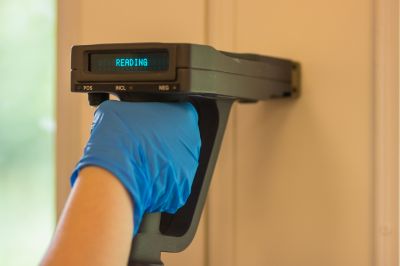
Various testing kits and devices used for on-site lead detection.
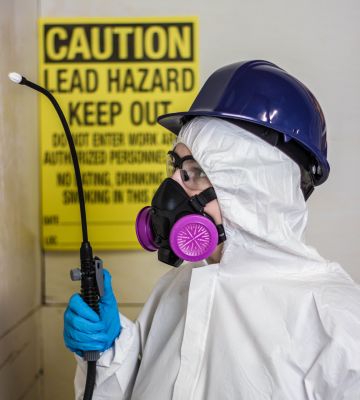
Illustrates the importance of lead testing in protecting children from exposure.
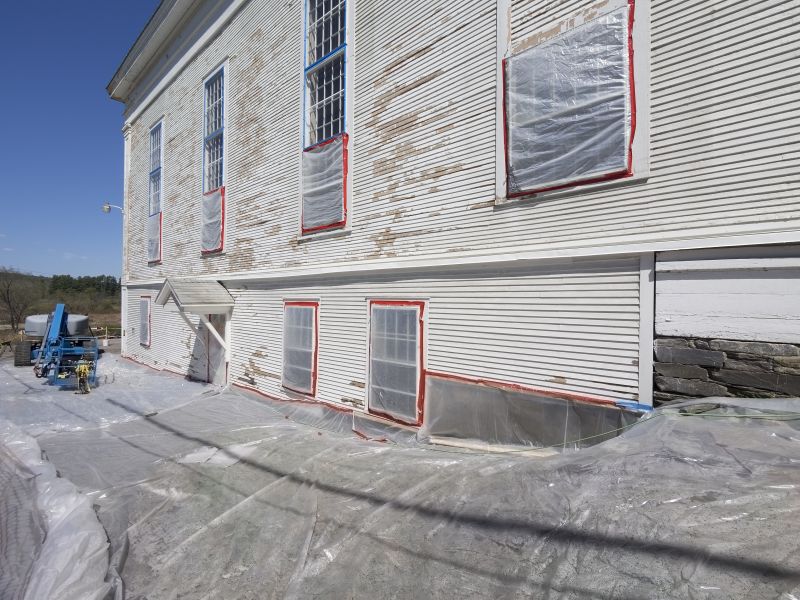
Depicts renovation activities where lead testing is critical.
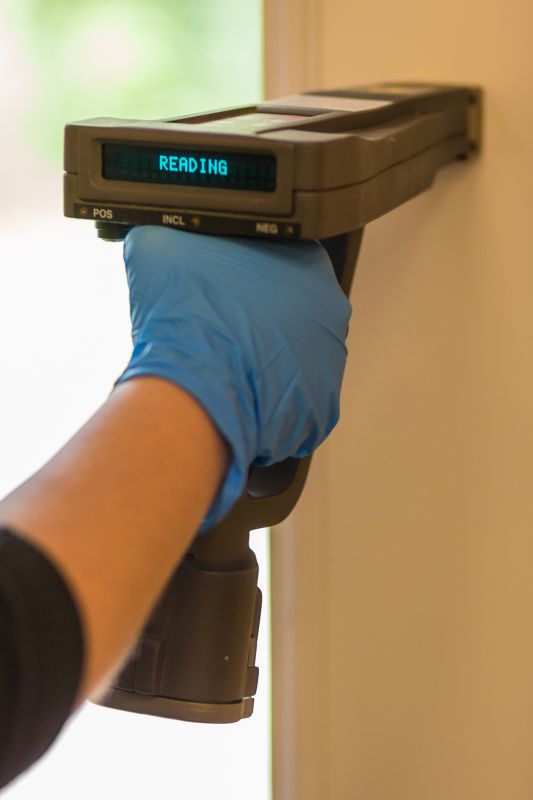
Ways to make Home Lead Testings work in tight or awkward layouts.
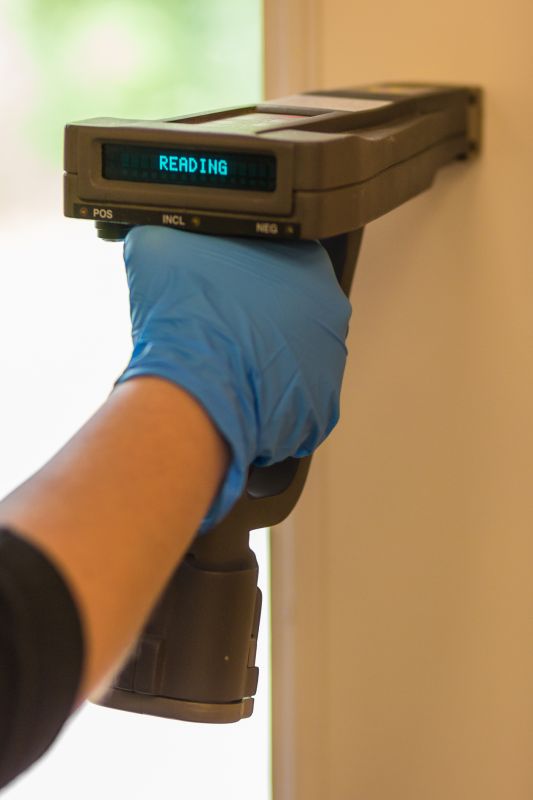
Popular materials for Home Lead Testings and why they hold up over time.

Simple add-ons that improve Home Lead Testings without blowing the budget.

High-end options that actually feel worth it for Home Lead Testings.

Finishes and colors that play nicely with Home Lead Testings.
Home lead testing provides a crucial assessment of potential lead hazards within a residence. Lead exposure can result in neurological damage, developmental delays, and other health problems, particularly in children under six years old. The CDC estimates that approximately 4 million households with children in the United States have lead-based paint hazards, emphasizing the importance of timely testing.
Lead can be found in paint, dust, soil, and water sources within the home. Older homes built before 1978 are more likely to contain lead-based paint, which deteriorates over time and releases hazardous particles into the environment. Regular testing helps identify these risks early, enabling appropriate mitigation measures to be taken.

Close-up of lead dust particles on surfaces.

Tools used for testing lead in drinking water.

Paint chips from older homes that may contain lead.
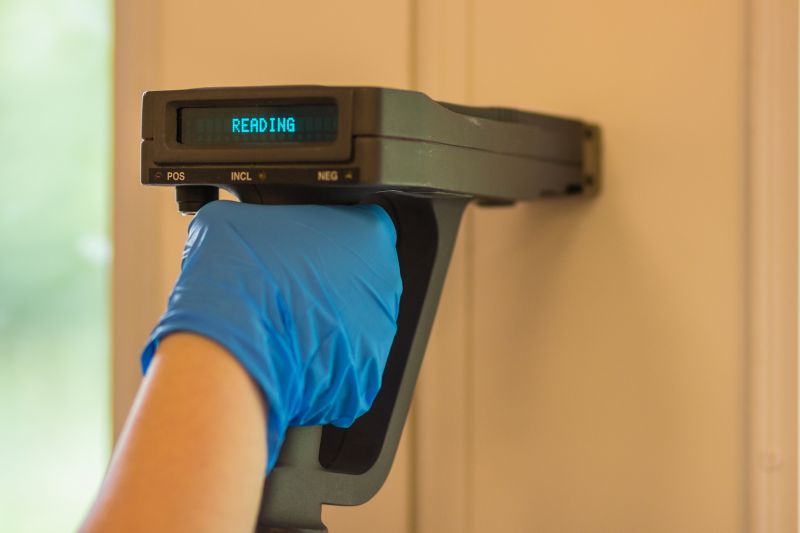
Professional inspecting a home for lead hazards.
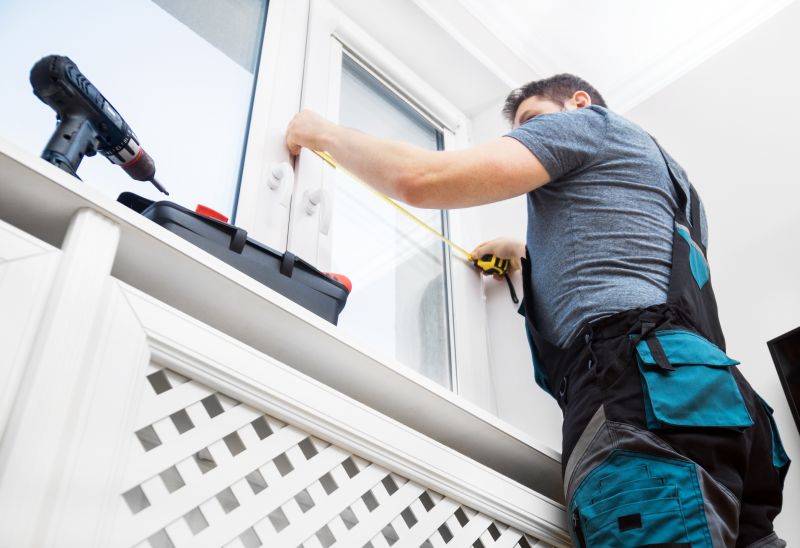
Little measurements that prevent headaches on Home Lead Testings day.
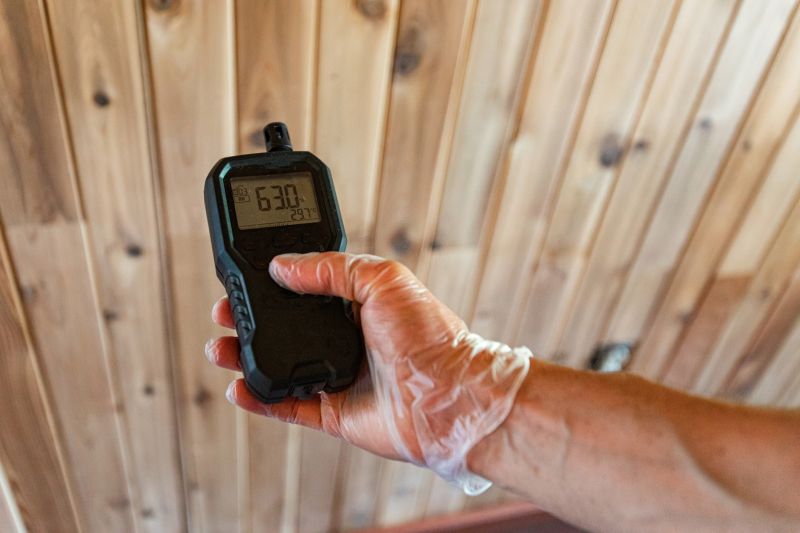
A 60-second routine that keeps Home Lead Testings looking new.
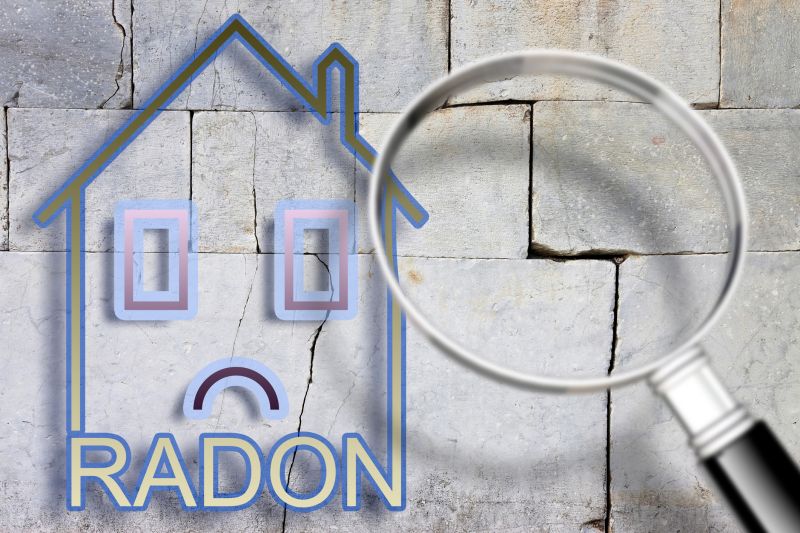
A frequent mistake in Home Lead Testings and how to dodge it.
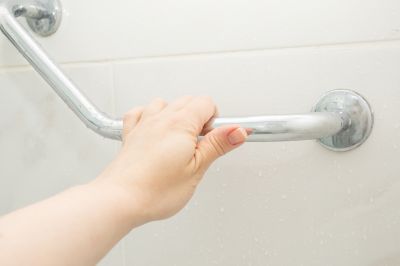
Small tweaks to make Home Lead Testings safer and easier to use.
| Best Testing Time | Key Considerations |
|---|---|
| During renovations | Identify hazards before disturbance of lead paint. |
| Prior to occupancy | Ensure home is safe for new residents. |
| In response to suspicion | Test immediately if lead exposure is suspected. |
| Routine monitoring | Regular checks in high-risk homes. |
| After plumbing repairs | Verify water safety post-repair. |
| When peeling paint is visible | Assess hazard levels promptly. |
| In homes with children | Frequent testing recommended. |
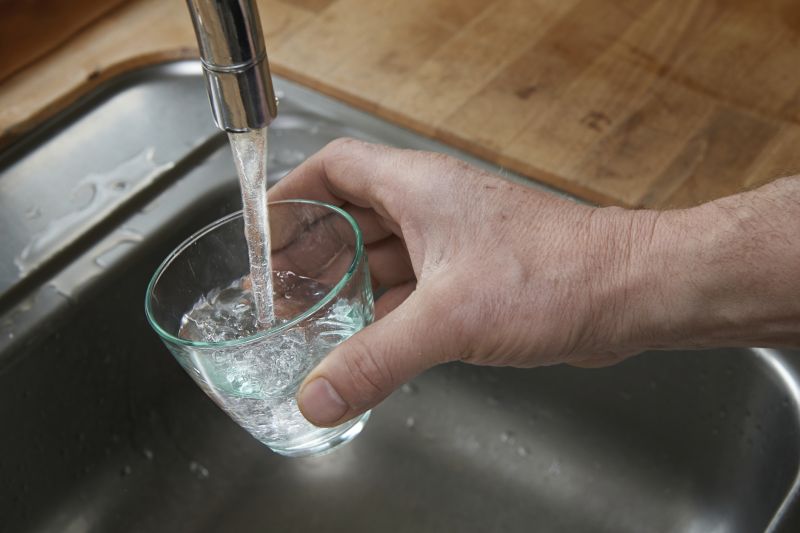
Technician performing lead test in a home.
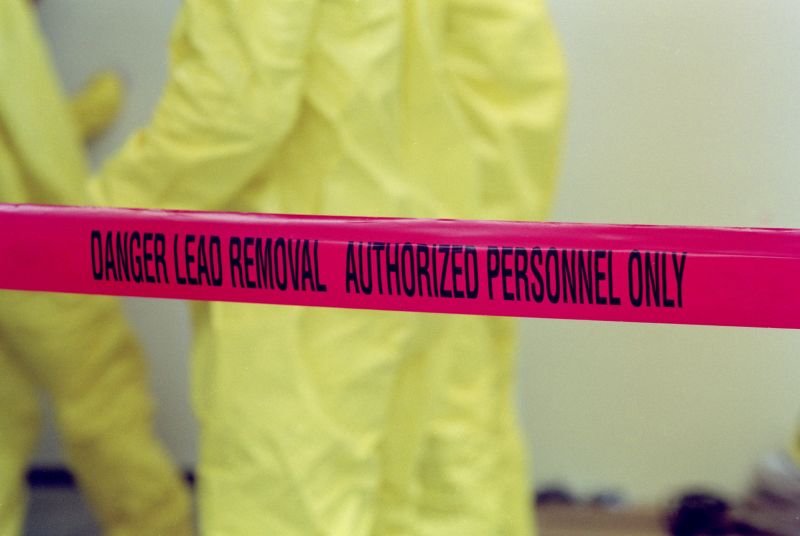
Highlighting the importance of lead safety measures.
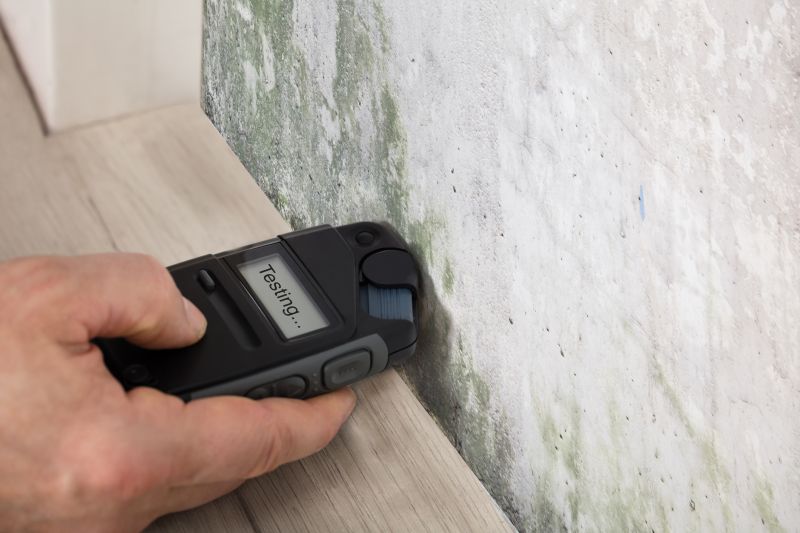
Equipment used for lead hazard assessment.
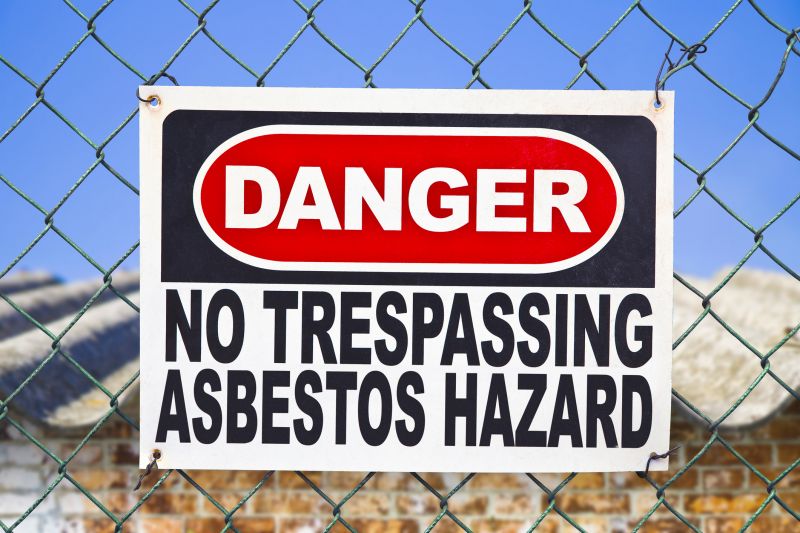
Indicating presence of lead hazards.

Lower-waste or water-saving choices for Home Lead Testings.
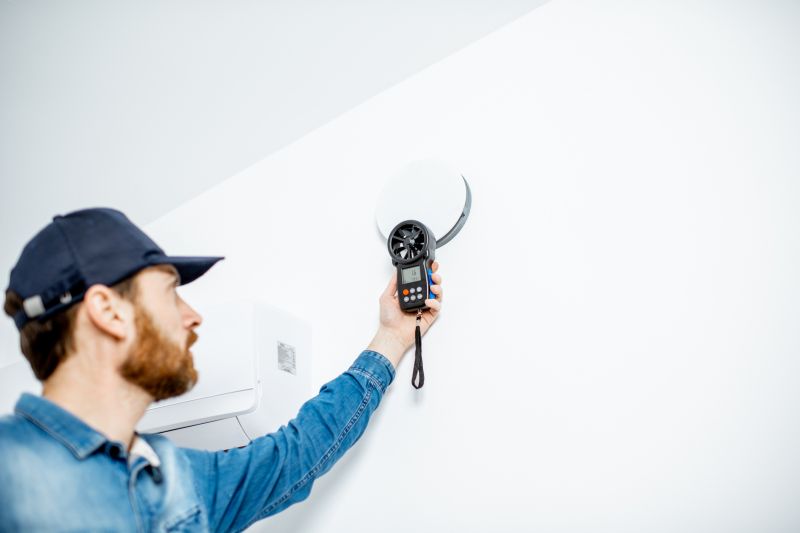
The short, realistic tool list for quality Home Lead Testings.

Rough timing from prep to clean-up for Home Lead Testings.

Quick checks and paperwork to keep after Home Lead Testings.
Individuals concerned about lead exposure should consider scheduling testing during key moments such as renovations, moving, or after detecting deterioration of paint or plumbing. Regular testing can help prevent health issues and ensure compliance with safety standards. It is advisable to consult with professionals who can accurately interpret test results and recommend appropriate actions.
Prompt testing and remediation are vital in maintaining a safe living environment. If interested in scheduling home lead testing, filling out the contact form provides a straightforward way to access expert assessment and guidance.
